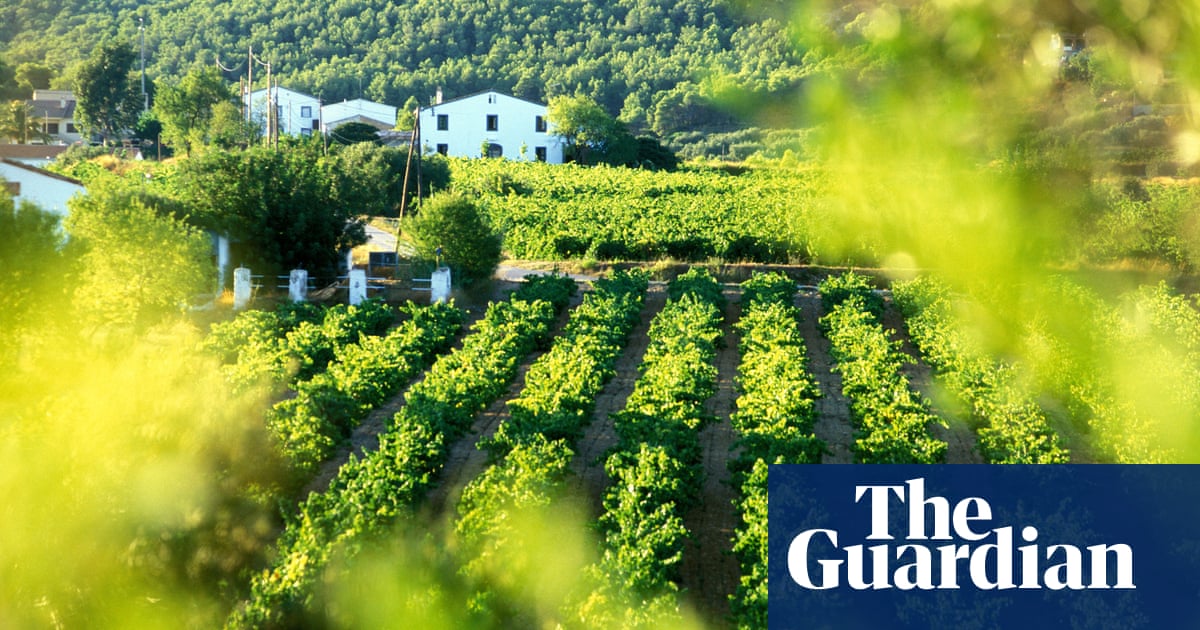
Areas under cultivation in Iraq have halved this summer compared to last year due to a drought wave and reduced water levels of the Tigris and Euphrates rivers, the Ministry of Agriculture revealed.
"If we take the cultivated area for 2018, it is down 50 percent compared to 2017," Deputy Agriculture Minister Mahdi al-Qaisi told AFP.
This had led the government in June to suspended farming of rice, corn and other cereals that require major irrigation.
Losses for workers dependent on these productions will reach up to 34 million euros ($39 million) this year, according to authorities.
The drought has also hit livestock, with herds in southern Iraq dwindling as cattle die of thirst.
In the southern province of Zi Qar, more than 400 farming families have left their villages to settle or roam in better irrigated areas, according to local officials.
Along with irregular rainfall, the main reason for Iraqs drought is Turkey and Irans rerouting of cross-border water sources shared with Iraq, experts said.
Turkey has recently started operating the "Ilisu" dam on the Tigris River, which is expected to bring a new blow to agriculture and livelihoods across the country. The dam has provoked anger and concern across Iraq’s agricultural community and from Iraqi authorities, already facing unrest over chronic electricity shortages.










